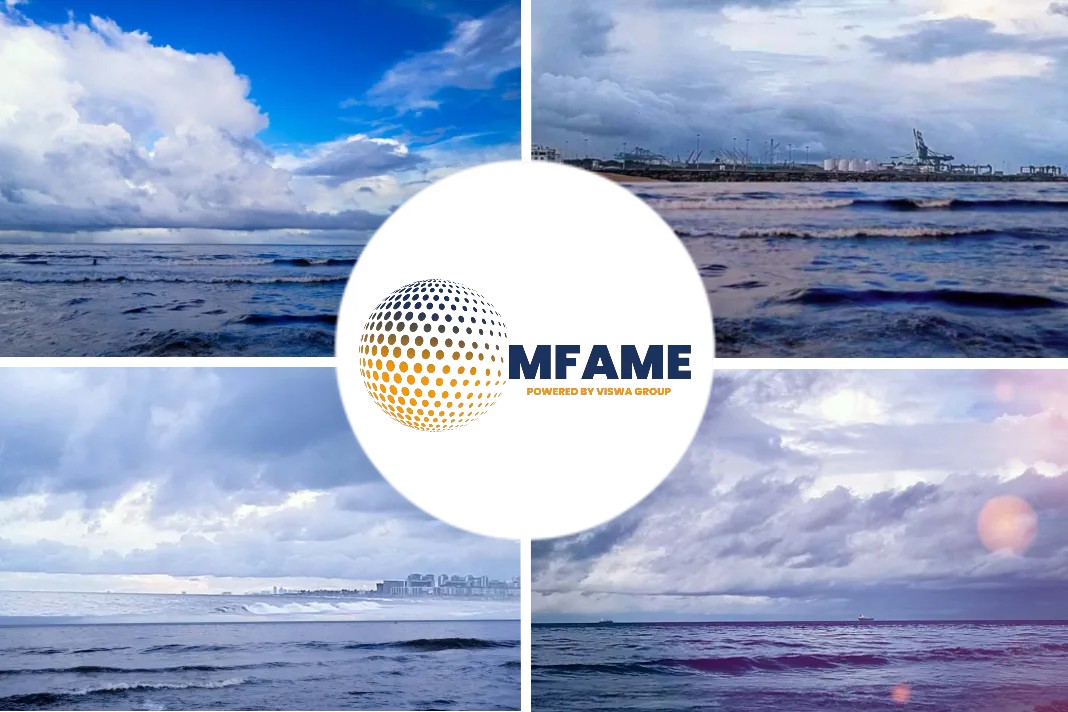- container lines have not only continued to raise freight rates but have also introduced additional difficult measures for companies involved in shipping commodities in boxes.
- In contrast, CMA-CGM and Maersk have reported large increases in profits for the third quarter of 2020, amid high demand, strong freight rates and low fuel costs.
- An acute shortage of containers and new rule changes by container lines have combined over the past week to again raise containerized shipping costs for commodity market.
According to a recent news article published in Metal Bulletin, container lines slash free days, raise cancellation fees to increase misery for traders.
Free time is slashed
One method being used is to cut the amount of ‘free days’ set aside for importers to clear their cargo upon arrival at a port without incurring demurrage or detention fees.
For scrap metal traveling from Long Beach, California on the US West Coast to the Taiwanese port of Kaohsiung, free days now range seven to 19 days depending on the container line and shipment date, according to a document seen by Fastmarkets on Friday December 4.
A Japanese scrapyard source said he was seeing some routes from Japan into Asian ports being allocated as little as five free days.
Until recently, an importer of containerized US-origin steel scrap to a Taiwanese port of arrival would typically be allowed 21 free days, according to a Taiwanese steel trader.
But lines have now slashed this time to speed up turnaround times to deploy containers on more lucrative routes for consumer goods from Asia to the US or Europe.
It is this desire to turn around containers that means many container lines have been preferring the repatriation of empty containers rather than taking a fee for shipments of scrap metal.
The Shanghai-US West Coast sub-index of the Shanghai Containerized Freight Index – which tracks spot freight rates on container export markets from Shanghai – rose by $68 per tonne this week to $3,947 per twenty-foot equivalent unit (TEU).
Containers pile up in the UK, Australia
The port of Felixstowe in southeastern England continues to be a flashpoint in the shipping world amid a severe build-up of containers following a surge in imports from Asia. The port estimates import volumes to be up by 30% compared with the normal average at this time of year.
A further problem is the UK’s more stringent Covid-19-inspired restrictions leading to a lack of available hauliers to take empty containers out of the port to collect new cargoes, a steel scrap exporter source said.
He estimated that around 40,000 containers were currently stuck at Felixstowe, which is the biggest container port in the UK.
On the other side of the world, industrial action in Australia has led to a glut of containers at port-side terminals since September. The industrial conflict continues to slow down operations at Australian ports and the country’s prime minister Scott Morrison has not ruled out sending in the military to resolve the issue ahead of Christmas, according to media reports.
Cancellation fees jacked up
In the case that a trading company can actually get their hands on containers, they may be given a very short period of notice by a container line for such an allocation, the exporter source said.
And if the container recipient cannot turn the containers around in time for shipment and needs to cancel their sailing, container lines have opted to raise cancellation fees to $300 per container compared with around $100 per container for the UK-India route, he said.
“We have had to let go of business due to this issue,” a South Asian trader dealing in steel and scrap said.
“Yards in North America have cargo available sat in the yards and are upset if we can’t get them a container booking. They are asking for containers by a certain date because they need to get material out of their yards,” he added.
“The freight increase is starting to get ridiculous – buyers are sellers cannot bear these costs any more,” the Japanese scrapyard source said.
More outstanding contracts are canceled
Fastmarkets reported on November 6 that several outstanding scrap container shipment contracts had been canceled by lines, and the trend has only accelerated ever since with lines being unable to provide containers to carry out outstanding deals.
“Shipping lines… will only ship at increased prices [when containers are available], but have not yet revealed how much they will charge,” the scrap exporter source said, adding that he expected another rise of several hundred US dollars per TEU later this month.
“We had a shipment due to ship in November, but we could not get the containers in time and have asked the buyers to amend their letters of credit (LC) even though the material is ready in our yard,” he said, although he noted that the consolation for sellers is that steel scrap prices are rising sharply, so buyers will be unable to secure a discount upon amending their LCs.
“Our container allocation is zero for December, if we could get containers, we could do some great business,” he said.
Fastmarkets’ price assessment for steel scrap, shredded, containerized, import, cfr Bangladesh was $400-405 per tonne on Thursday December 3, up $25 per tonne from $375-380 per tonne the week before, amid low supply of scrap and the high container freight rates.
“I’ve not seen anything like this in the last 20-30 years,” the South Asian trader said.
“Some people are saying it will ease by the Chinese New Year period [starting mid-February 2021], while others are saying [things will only improve much later].” he added.
Did you subscribe to our daily newsletter?
It’s Free! Click here to Subscribe!
Source: Metal Bulletin


















